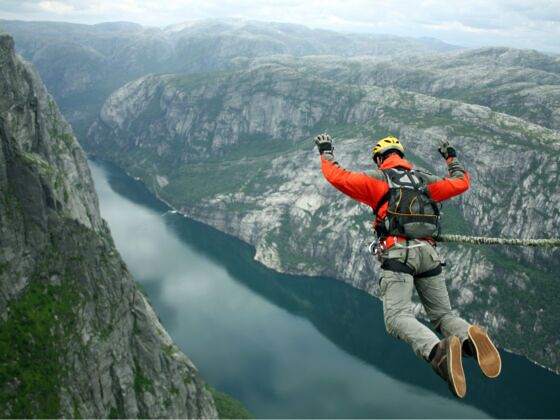Before I wrote this post, I sat down and made a list of all of the tough spots I’ve recently found myself in. For every one, I was able to think of a way it could have been worse:
- Black bear wandered through camp in Mammoth Lakes (but didn’t notice or attack me)
- Got caught on wet, 400-foot cliff after dark (but we finished the climb without problems)
- Got lost in Argentine sierra and had to bivy in a thunderstorm with no sleeping bag (but I had a survival blanket and plenty of food)
- Stuck on second floor of burning house with no means of escape (but the fire department got us down)
- Drysuit failed during a training dive in Maine (but I was only 30 feet down and 40 feet from the boat
